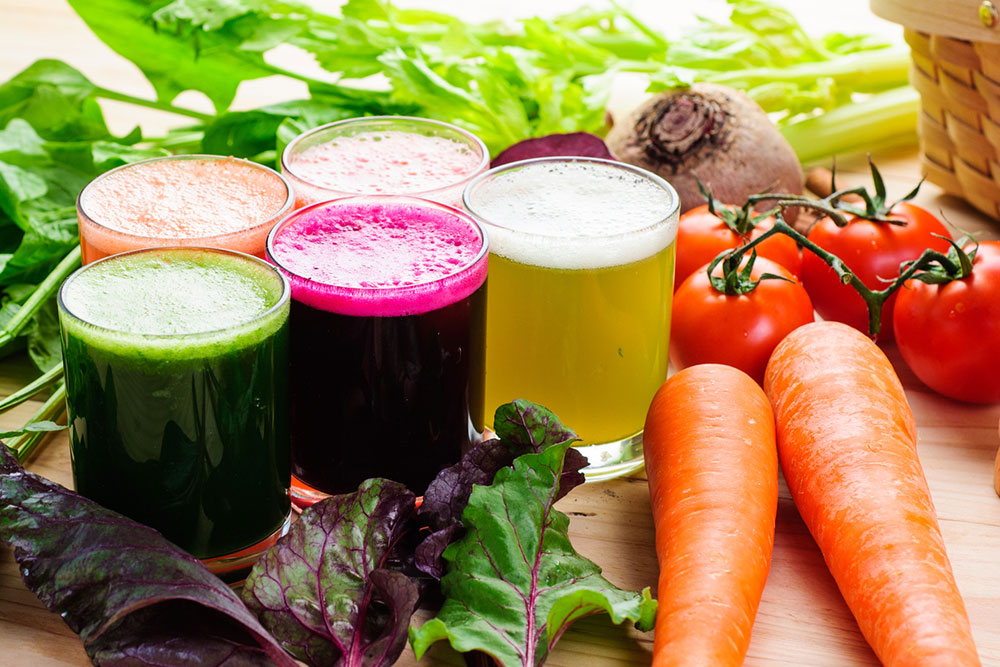Top foods to eat for Crohn’s disease
Crohn’s disease is a chronic, lifelong disease that results in irritation and inflammation along the digestive tract. A Crohn’s flare-up could trigger or worsen several symptoms, like appetite loss, nausea, abdominal pain and cramping, bloating, and diarrhea, which can affect a person’s quality of life and make it hard to perform everyday tasks. One way to manage the condition better and relieve these symptoms is to eat the correct kinds of foods.
Refined grains
Refine grains such as pasta are easy to digest.

Oatmeal
Oatmeal made from rolled/quick oats is a kind of refined grain that contains slightly lesser fiber as compared to steel-cut oats. When one experiences a Crohn’s flare-up, it’s best to avoid foods that contain insoluble fiber, which could worsen diarrhea symptoms. Oatmeal has a soluble fiber known as beta-glucan that helps in easing diarrhea by adding bulk to the stool by slowing digestion, and absorbing water in the intestines and forming a gel. Oats can be added to smoothies with low-fiber, peeled fruits.
Low-fiber fruits
Diarrhea can also be controlled by low-fiber fruits which are easy on the digestive system. Some examples of low-fiber fruits include peaches, cantaloupe, watermelon, honeydew melon, and bananas, among others. During a Crohn’s flare-up, it is best to eat fruits in smaller servings.
Poached/peeled fruit
Removing the skin from fruits could end up reducing the insoluble fibers in them, like cellulose and lignin. Preserving or poaching fruits could also reduce the amount of fiber in them. On the whole, the more processed the fruits are, the easier they are for the body to digest. Cooked and canned fruits are mostly low in fiber but could have high quantities of sugar. So, they need to be eaten in moderation.
Peeled and cooked vegetables
Some insoluble fibers can be removed when one peels vegetables like squash, carrots, and potatoes. When vegetables are cooked, they are easier to digest and also low on the fiber content. However, it is unhealthy to fry or roast vegetables in butter or oil since the fats could irritate the digestive system and worsen Crohn’s symptoms. Instead, try steaming or boiling the food.
Yogurt and other dairy products
Many yogurts have probiotics, which are healthy bacteria and could help in reducing inflammation in the gut. However, there are certain studies that suggest highly concentrated probiotics could also result in producing mixed results. Also, dairy products are calcium-rich, and manufacturers could end up fortifying them with vitamins C and D. Many of them, however, also contain lactose, which is a kind of sugar, and there are some doctors who in certain cases recommend cutting lactose from the diet.